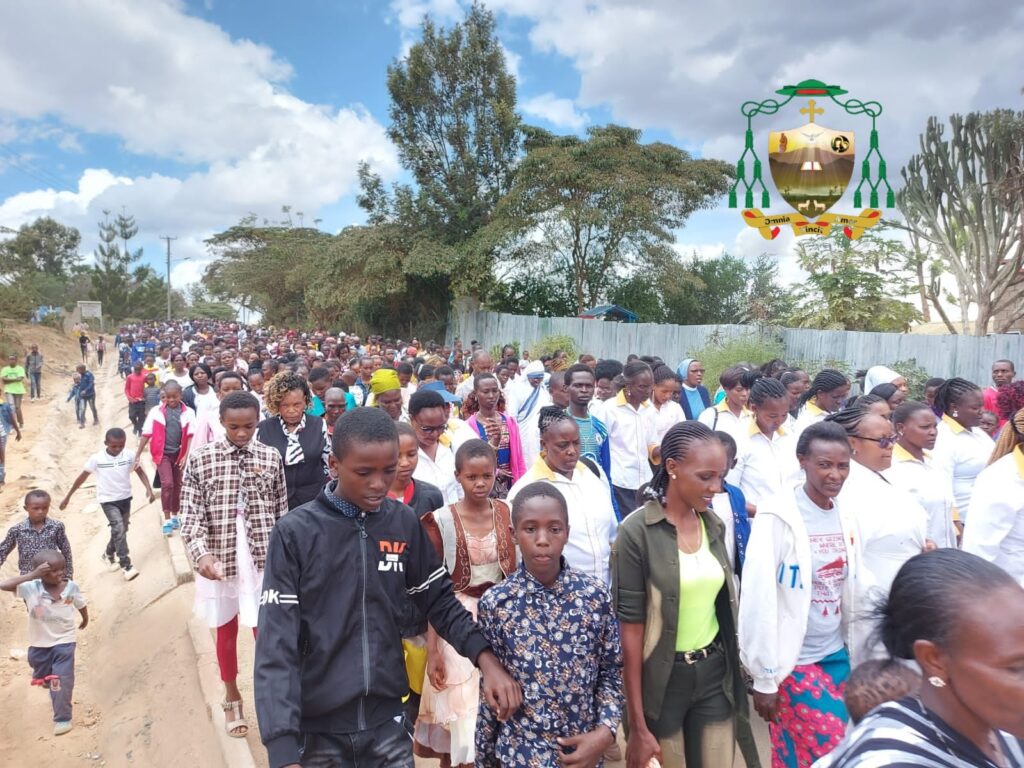
To ensure the financial integrity, transparency, and efficiency of the organization by providing accurate accounting, reporting, and analysis, supporting sound decision-making, safeguarding assets, and promoting compliance with applicable laws, regulations, and policies in the Diocese
Key features of our offices are
The Finance Department carries out a wide range of critical functions that ensure the Diocese’s financial resources are managed responsibly, transparently, and efficiently. These include:
Financial Planning and Budgeting – Assists in preparing and monitoring budgets to ensure funds are used efficiently.
Accounting and Record-Keeping – Maintains accurate financial records, including ledgers, receipts, and payments.
Cash and Fund Management – Oversees collection, disbursement, and safekeeping of funds.
Financial Reporting – Prepares periodic financial statements and reports for management and stakeholders.
Expense Control – Monitors spending, approves expenditures, and ensures adherence to financial policies.
Compliance and Audit Support – Ensures financial practices follow regulations and supports internal/external audits.
Financial Advisory – Provides guidance to leadership on budgeting, investments, and resource allocation decisions.
Financial Oversight – Supervises all accounting activities to ensure accuracy and compliance.
Record-Keeping & Ledger Management – Maintains detailed financial records, journals, and ledgers.
Financial Reporting – Prepares timely financial statements, management reports, and analysis.
Budget Monitoring – Tracks budgets, monitors expenditures, and advises on adjustments.
Audit Coordination – Facilitates internal and external audits and ensures compliance with policies.
Cash & Fund Management – Oversees cash flow, banking transactions, and proper allocation of funds.
Regulatory Compliance – Ensures adherence to statutory requirements, financial policies, and organizational guidelines.
Financial Advisory – Provides informed advice to leadership on financial decisions, investments, and resource utilization.
Supervision & Mentoring – Guides and trains accounting staff to maintain high standards of accuracy and efficiency.